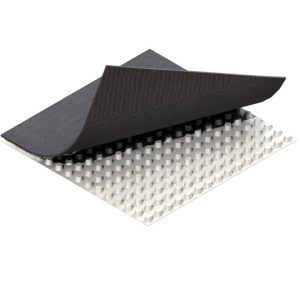Precision Swiss Machining for Complex Components
。
# Precision Swiss Machining for Complex Components
## The Art of Swiss Machining
Swiss machining, also known as Swiss screw machining or Swiss turning, is a highly precise manufacturing process that has revolutionized the production of complex, small-diameter components. Originating in Switzerland’s watchmaking industry, this technique has evolved to serve a wide range of industries requiring tight tolerances and exceptional surface finishes.
## Why Choose Swiss Machining?
The unique advantages of Swiss machining make it ideal for producing intricate parts:
– Exceptional precision with tolerances as tight as ±0.0001 inches
– Ability to machine complex geometries in a single setup
– Superior surface finishes reducing the need for secondary operations
– Efficient production of long, slender parts that would otherwise require multiple operations
– Reduced material waste compared to conventional machining methods
## Applications Across Industries
Swiss machining serves numerous sectors where precision is paramount:
### Medical Device Manufacturing
From surgical instruments to implantable components, Swiss machining produces the intricate parts that modern medicine relies on. The process excels at creating small, complex geometries with the required biocompatibility and surface finishes.
### Aerospace Components
The aerospace industry benefits from Swiss machining’s ability to produce lightweight, high-strength components with exceptional dimensional accuracy. Fuel system parts, fasteners, and sensor components are commonly manufactured using this method.
### Electronics and Connectors
Precision pins, contacts, and connectors for the electronics industry are ideally suited for Swiss machining. The process maintains tight tolerances even when working with challenging materials like beryllium copper or specialized alloys.
## The Swiss Machining Process
Unlike conventional lathes, Swiss machines use a sliding headstock and guide bushing to support the workpiece close to the cutting tool. This innovative approach provides several benefits:
– Enhanced stability for machining long, slender parts
– Reduced vibration for better surface finishes
– Ability to perform multiple operations simultaneously
– Improved tool life through optimized cutting conditions
## Material Versatility
Swiss machining handles an impressive range of materials, including:
– Stainless steels (303, 304, 316, etc.)
– Titanium and titanium alloys
Keyword: Swiss Machining
– Aluminum (various grades)
– Brass and copper alloys
– Plastics (PEEK, Delrin, Ultem)
– Exotic alloys (Inconel, Hastelloy, Monel)
## Quality Assurance in Swiss Machining
Reputable Swiss machining providers implement rigorous quality control measures:
– In-process inspection using advanced metrology equipment
– Statistical process control to maintain consistency
– Comprehensive documentation and traceability
– Compliance with industry-specific standards (ISO, AS9100, etc.)
## Choosing the Right Swiss Machining Partner
When selecting a Swiss machining provider, consider:
– Experience with your specific component requirements
– Capability to handle your material specifications
– Quality certifications and process controls
– Capacity for both prototyping and production runs
– Technical expertise in optimizing designs for manufacturability
## The Future of Swiss Machining
As industries demand increasingly complex and miniaturized components, Swiss machining continues to evolve with:
– Advanced multi-axis capabilities
– Integration with automation for high-volume production
– Improved tooling technologies for exotic materials
– Enhanced software for programming complex geometries
– Smart manufacturing integration for real-time process monitoring
For components where precision is non-negotiable, Swiss machining remains the gold standard in manufacturing technology.


